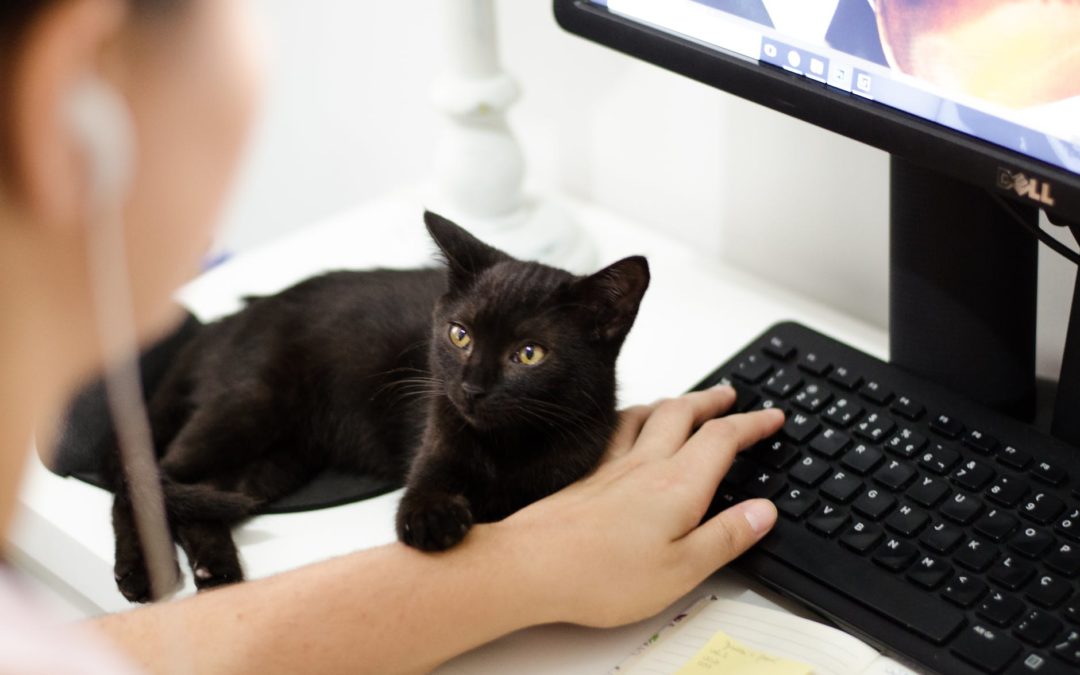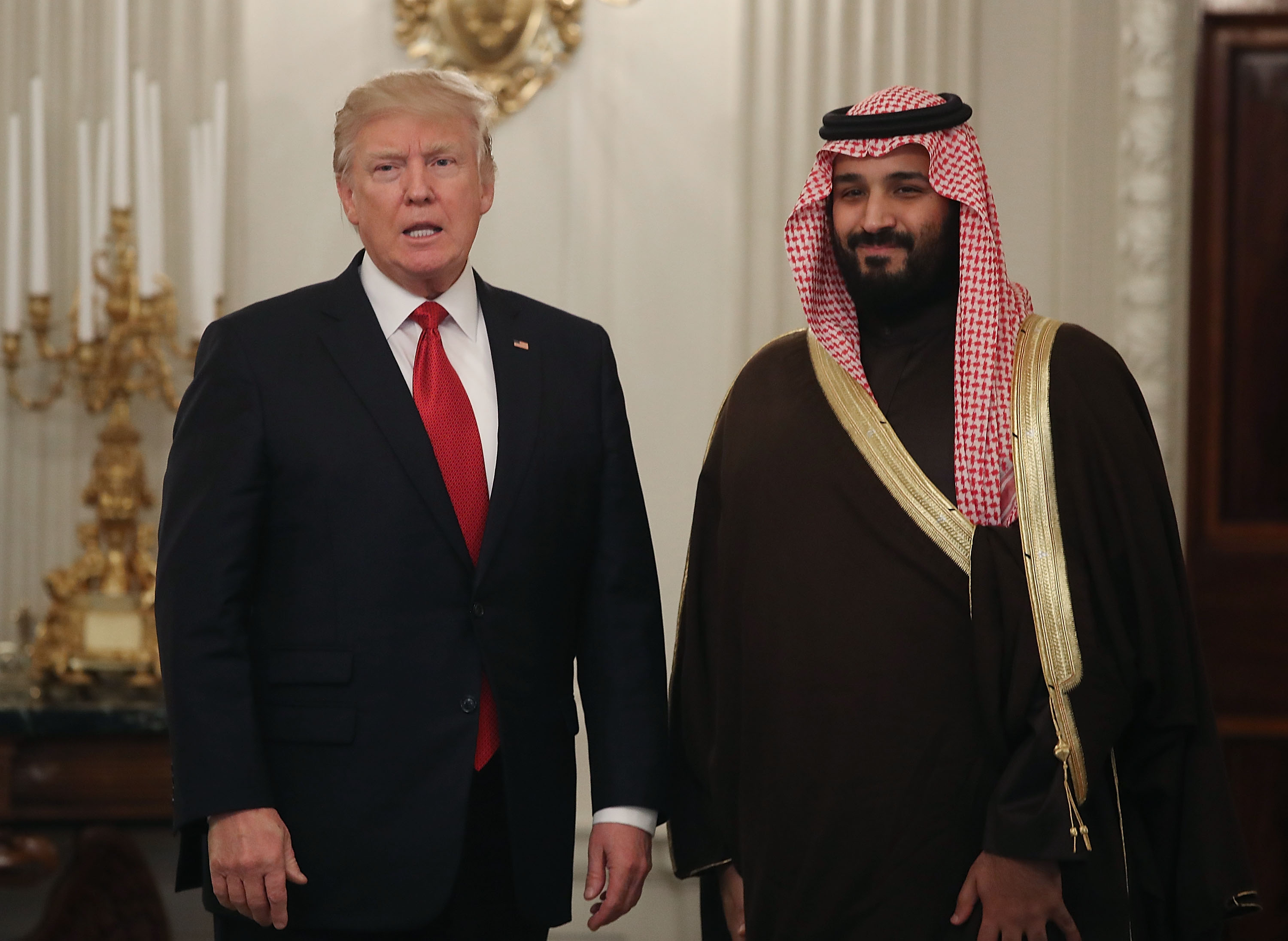For nearly three decades, a pervasive, unspoken fear of civil war created an "ugly stalemate" in Israel, a 'public secret' that pervaded its electoral politics and foreign relations. Thanks to the government's attempted "judicial overhaul," that fear is now very much...







